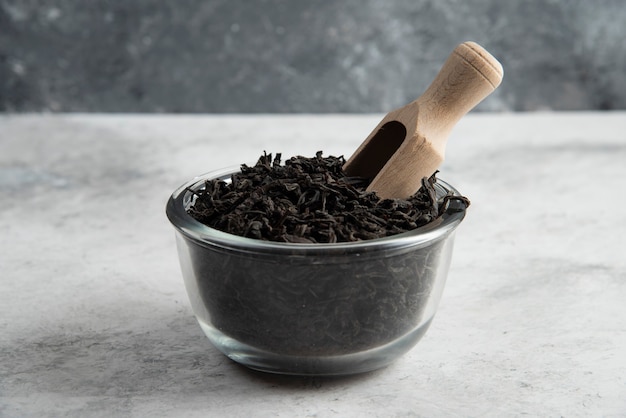For centuries, black tea has been a staple in kitchens and tea rooms across the globe. From morning rituals to afternoon breaks, this bold, rich beverage is more than just a comforting drink—it may also carry surprising health benefits and some potential drawbacks. But is black tea truly good for you? Let’s dive into the science behind this ancient brew.
Black tea is made from the leaves of the Camellia sinensis plant, like green, white, and oolong teas. However, it undergoes full oxidation, giving it a darker color, stronger flavor, and higher caffeine content compared to its less processed counterparts.

Research suggests that regular consumption of black tea may offer several health advantages, thanks to its rich content of antioxidants, polyphenols, and other bioactive compounds.
Studies have shown that drinking black tea may help reduce levels of LDL ("bad") cholesterol. According to research from the U.S. Department of Agriculture, regular black tea consumption is linked to improved cardiovascular markers, potentially lowering the risk of heart disease.
Black tea contains compounds that can inhibit the growth of bacteria responsible for plaque formation and bad breath. Research from the University of Illinois found that black tea has a potent ability to suppress odor-causing bacteria, making it a natural ally for fresher breath.

Tannins in black tea have mild antimicrobial properties and may help regulate digestive function. Some people find that drinking black tea on an empty stomach supports digestion, though this practice may not suit everyone.
With about 40–70 mg of caffeine per cup, black tea offers a moderate stimulant effect—less intense than coffee but enough to enhance alertness and focus without causing jitters in most people.
While black tea has many benefits, it’s not without potential drawbacks, especially when consumed in excess.
Too much black tea can lead to insomnia, anxiety, or digestive upset in caffeine-sensitive individuals. Pregnant women and those with heart conditions should monitor their intake.
The tannins in black tea can interfere with the absorption of iron from plant-based foods. It’s best to avoid drinking black tea with meals if you’re at risk of iron deficiency.
While some find black tea soothing on an empty stomach, others may experience acid reflux or nausea. Listening to your body is key.

Overall, black tea is a healthy beverage choice for most people when consumed in moderation—typically 3–4 cups per day. It offers a range of benefits from heart health to fresher breath, while its caffeine content provides a balanced energy lift.
However, like any dietary component, context matters. Be mindful of timing, quantity, and individual tolerance. If you're managing specific health conditions, consult with a healthcare provider about your tea consumption.
In short: black tea isn’t a miracle cure, but it’s far from harmful—when enjoyed wisely, it’s a flavorful ally for everyday wellness.

Health

Health

Health

Health

Health

Fitness

Health

Health